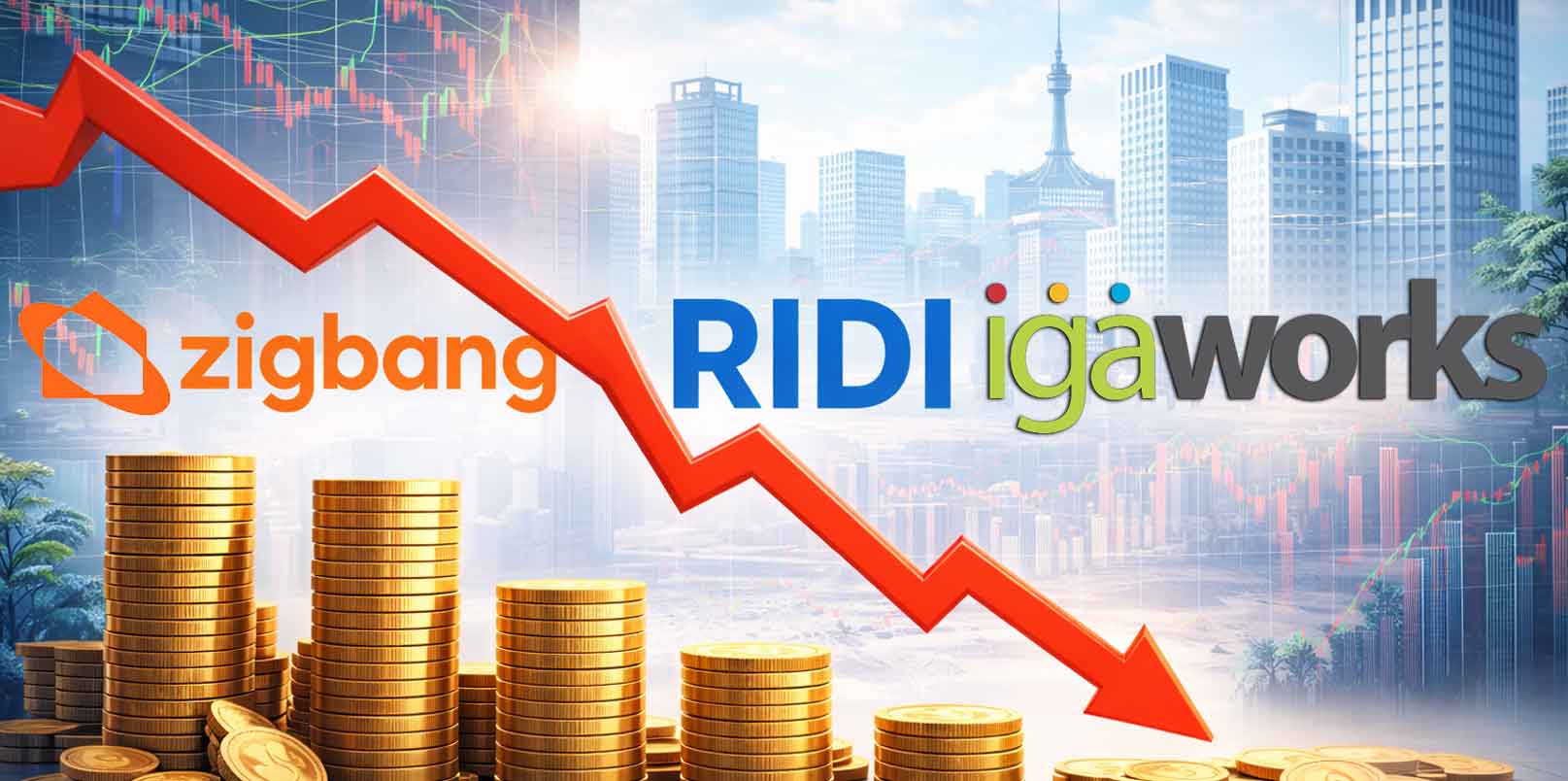The large-scale detention of Korean workers at a Georgia battery plant earlier this month has exposed structural weaknesses in how Korean startups and SMEs enter the U.S. market. A new government survey reveals that most companies have relied on short-term visas like ESTA or B-1, leaving them vulnerable to enforcement risks. These visa use findings underscore an urgent policy gap that could hinder Korea’s global expansion ambitions.
Korean Startups and SMEs Rely on Short-Term Visas for U.S. Dispatch
Korean media outlet Chosun reported a Ministry of SMEs and Startups (MSS) survey that had been submitted to the National Assembly on September 30.
According to the survey, 76.5% of responding companies said they had dispatched staff to the U.S. on short-term visas such as ESTA and B-1 over the past three years. Out of 68 companies surveyed, only 20% had attempted to secure H-1B or L-1 visas.
While most companies reported no major difficulties, 21% said employees faced additional questioning at entry, and 1.9% reported outright denial. Companies cited the complexity, long processing times, and high costs of long-term visas as barriers.
The survey followed the September 4 immigration raid at Hyundai Motor Group and LG Energy Solution’s joint battery plant in Georgia, where more than 300 Korean workers were detained.
Visa Gaps Put Korean SMEs’ U.S. Projects and Timelines at Risk
Nearly half of surveyed SMEs (45.6%) said short-term dispatch is essential for tasks such as construction, installation, commissioning, and after-sales service. One in four (25%) feared the Georgia case would disrupt projects, delay timelines, and strain workforce planning.
Visa enforcement has already tightened since the start of the second Trump administration, with 32.4% of companies citing increased difficulty in entry procedures.
These roadblocks create disproportionate risks for startups and SMEs with limited resources, particularly when compared to larger corporations that have established legal teams and HR capacity.
Industry Voices Push for a Korea–U.S. Short-Term Dispatch Visa
Furthermore, the survey found that 47% of companies want a dedicated Korea–U.S. short-term dispatch visa. Other priorities included expanding sector-specific visa quotas (19.7%), strengthening legal and administrative support (13.7%), and timely updates on enforcement trends (11.1%).
Professor Huh Yoon of Sogang University cautioned,
“The U.S. is reportedly considering raising H-1B visa fees to $100,000 per person, which exceeds an SME’s annual salary budget. Large prime contractors should assist their partner firms with visa issues, and the government must also step in.”
Dr. Noh Min-sun of the Korea Small Business Institute also noted,
“During the early stages of building a large plant, subcontractors’ core personnel are essential. If visa problems arise, the damage is significant. Public–private partnerships must be combined with large–small business cooperation.”
Without Visa Reform, Korea’s Global Scale-Up Ambitions May Stall
The government launched a cross-ministerial task force on September 18, involving the Ministry of Foreign Affairs, the Ministry of Trade, Industry and Energy, MSS, and industry associations to address visa issues. Still, the Georgia case underscores a wider concern: Korea’s global entry strategy risks being undermined if visa fragility is left unaddressed.
For startups and SMEs positioning the U.S. as a launchpad for global expansion, visa insecurity threatens not just workforce mobility but also investor confidence. As Korea seeks to strengthen its role as a venture hub in the Asia-Pacific, Korea must work with U.S. counterparts to ensure immigration pathways reflect the realities of global business.
A Policy Test That Will Shape Korea’s Startup Competitiveness Abroad
Visa access is more than a logistical hurdle — it is a strategic enabler for Korean startups aiming to scale abroad. Without reliable frameworks for short-term and specialized dispatch, SMEs remain exposed to unpredictable risks that could erode competitiveness.
Addressing this policy gap through bilateral negotiation and industry cooperation will determine how effectively Korea can turn its innovation strengths into global market footholds.
🤝 Looking to connect with verified Korean companies building globally?
Explore curated company profiles and request direct introductions through beSUCCESS Connect.
– Stay Ahead in Korea’s Startup Scene –
Get real-time insights, funding updates, and policy shifts shaping Korea’s innovation ecosystem.
➡️ Follow KoreaTechDesk on LinkedIn, X (Twitter), Threads, Bluesky, Telegram, Facebook, and WhatsApp Channel.






